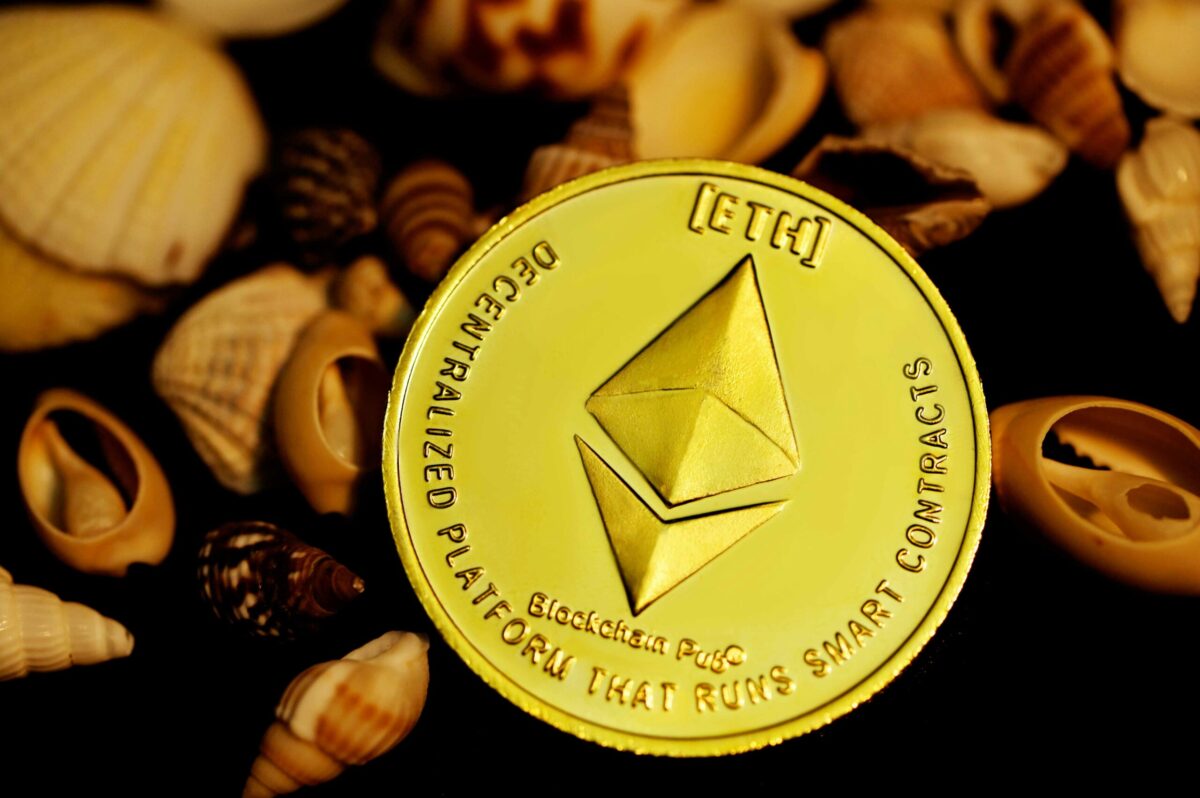The Ministry of Digital Economy and Society (DES) in Thailand has warned Meta (formerly known as Facebook) of advertising numerous fraudulent crypto investment schemes on its social media site. A failure to do the same would put a risk on Facebook, where it would be shut down in the country.
On Monday, the DES released an official statement saying that the ministry is prepared to petition the court to close Facebook after deceiving people for hosting multiple scamming ads. It claims that there have been more than 200,000 victims of these fraudulent ads, suffering a damage of more than 10,000 million baht.
The Minister in charge of DES, Chaiwut Thanakmanusorn, has asked the social media platform to show responsibility to Thai society by curbing these ads. He is also seeking the Thai court to prepare an order that would shut down Facebook by the end of the month if the platform doesn’t comply.
According to DES, cyber thieves have various tactics to make people believe and transfer money from their account. These range from digital coin trading through applications or websites, investing in crypto coins, investing in high-yield lending companies, gold stocks, shares in famous companies and so on.
Online thieves have also faked profiles to act as famous people in the investment finance sector to increase credibility in scams. These messages often come with vague information. The ministry warned that if a solicitation to invest comes along with no product and business plan or with a claim that the platform is abroad, then it is to be thoroughly checked as there is a high chance for them to be a scammer.
The ministry also illustrated the different formats of these advertisements. It usually includes phrases like ‘high returns in a short period of time’, ‘guaranteed return by determining as a certain number, such as 30% per week’ and so on. They also contain the name of a famous person or bring the image of celebrities, artists or famous businessmen to pretend that those people have also invested in the said asset.
The rising number of fake ads was called an epidemic on online media by the DES, acting as a threat to the national security and economy of Thailand.
Over the years, Meta has relaxed crypto ad policies, easing its restrictions on cryptocurrency and blockchain-related advertisements. In 2021, the company expanded the number of accepted regulatory licenses for running cryptocurrency ads on its platform from three to 27.
However, Meta Platforms (FB) and Meta Platforms Ireland was also sued by the Australian Competition and Consumer Commission (ACCC) in 2022 for engaging in promoting fraudulent ads. The ACCC alleged that Facebook was involved in false, misleading or deceptive conduct by publishing scam advertisements featuring prominent Australian public figures.


